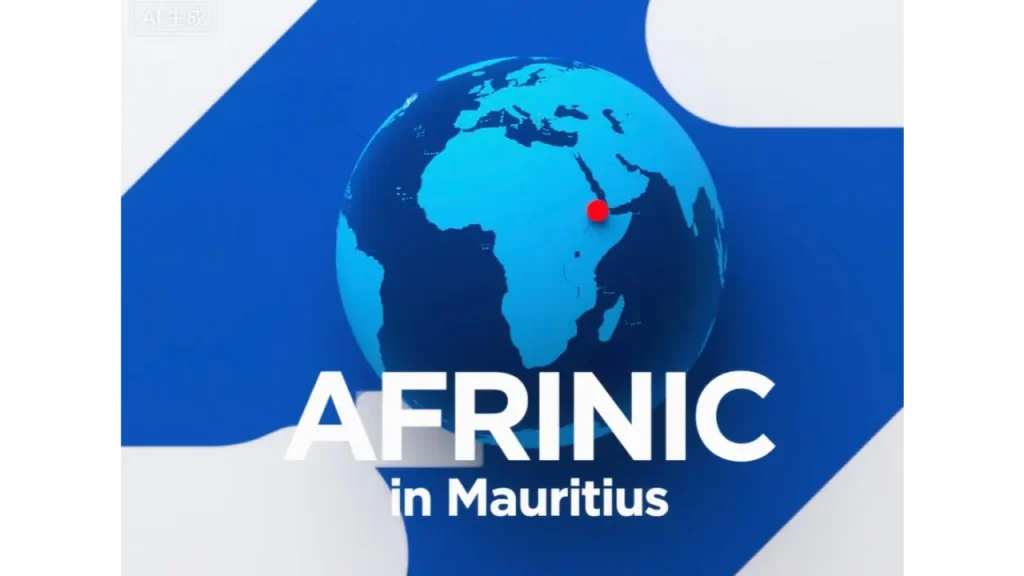- AFRINIC cancels its board election over one proxy dispute, discarding valid votes and eroding trust in governance.
- Around 70% of AFRINIC’s voter registrations are marked by due diligence problems, including false professional titles, repeated records, and affiliations that cannot be verified.
AFRINIC governance crisis deepens
AFRINIC, the African Network Information Centre, is now described as a failed registry after its latest election collapsed into legal disputes. The organisation annulled the board election of 23 June, discarding valid votes due to a single unverified proxy complaint. This act exposed unworkable election standards and showed how democratic governance within AFRINIC has become a legal illusion. Observers say the decision proves that AFRINIC’s governance is irreparably broken.
The registry is one of five regional internet registries (RIRs) tasked with managing internet number resources. Its paralysis threatens Africa’s internet development and digital infrastructure. The crisis raises doubts over whether the organisation can still perform its core duty of fair and stable allocation of IP resources. Many stakeholders now argue the system can no longer be trusted to safeguard Africa’s connectivity future.
Also read: Why AFRINIC members should refuse to participate in this flawed election
ICANN over-extends its reach
The Internet Corporation for Assigned Names and Numbers (ICANN) is losing the control of the situation while trying to seize the greater authority. Critics accuse ICANN of undermining African courts and over-extending its reach. Its intervention after a court-approved election sparked strong backlash. By trying to pick AFRINIC’s leaders, ICANN weakens Africa’s bottom-up internet governance model. The adoption of the ICP-2 compliance document without multistakeholder input has been described as a quiet power grab.
This paper grants ICANN power to de-recognise RIRs, a move that centralises unprecedented authority. After threats to derecognise AFRINIC, ICANN backtracked, signalling a shifting strategy that many see as manipulative.
The issue is no longer about reforming AFRINIC but ensuring the survival of Africa’s internet ecosystem under competent stewardship.
Also read: ICANN and AFRINIC: A complex relationship
Also read: AFRINIC election: Voter fraud uncovered as ECom member threatens to resign
Years of mismanagement and collapse
The crisis stems from years of leadership failures and corruption at AFRINIC. Previous management bear responsibility for allowing governance to collapse.
The cancellation of the 2025 board election over one proxy complaint, and the discarding of valid votes, symbolises the erosion of trust in governance. Stakeholders now see democratic elections as unworkable within this registry.
The collapse is more than institutional failure. It poses a direct risk to Africa’s IP resources, connectivity, and future digital infrastructure. AFRINIC’s governance is not governance but theatre, where legal disputes replace trust and legitimacy.

